
A New Zealand student visa provides international students with the chance to study full-time at recognised institutions, gain valuable practical experience during their studies, and work towards a pathway to permanent residency through a post-study work visa. Making the right choices in your course, university, and education or immigration adviser is essential to fully explore your opportunities for studying, working, and ultimately settling in New Zealand. Here are some of the top streamlined student visa options designed to align with your long-term goals.
International students outside New Zealand can apply for this visa to study full-time at approved institutions, including diploma, undergraduate, and postgraduate programs. To qualify, applicants must pay full tuition fees or at least one year’s fees for courses lasting one year or more. The visa allows students to work up to 20 hours per week during term time and full-time during scheduled breaks, subject to visa conditions and, in some cases, the provider’s category, especially for English language courses. Additionally, this visa may offer valuable work experience opportunities when the student is on Post Study Work Visa and serves as a pathway to extend your stay or explore permanent residency in New Zealand.
You apply for this visa when you are already in New Zealand on a different visa. The processing time may be shorter than the offshore Fee Paying Student Visa as some conditions like health and character may be already covered in your current visa.
Like the offshore type, Fee Paying Student Visa- Onshore allows you to study full-time in an approved institution (education provider) for up to 4 years. You can work up to 20 hours per week during term time and go full-time during scheduled holidays (as per your visa conditions).
The Green List Course Student Visa refers to a Student Visa for international students pursuing programs listed under New Zealand’s Green List. These courses are aligned with key skill shortage areas, addressing critical workforce and economic needs. Designed to attract skilled talent, this visa enables students to undertake full-time studies in high-demand fields. To be eligible, applicants must secure admission to an approved institution and enroll in a Green List program. Beyond education, this visa offers numerous benefits, including opportunities to gain hands-on experience in essential sectors, work part-time during studies, and transition to full-time employment through a Post Study Work Visa. It also serves as a pathway to permanent residency, making it a perfect choice for those seeking a long-term future in New Zealand.
If you’re planning to study multiple courses in New Zealand (e.g., English language + diploma + degree), the pathway student visa is perfect for you. This visa covers up to three consecutive programmes for five years. It simplifies studying in New Zealand with a single student visa that doesn’t require reapplying between courses.
The fee-paying student visa is the most common option for international students seeking to study in New Zealand, whether applying onshore or offshore, including those enrolled in courses related to Green List occupations.
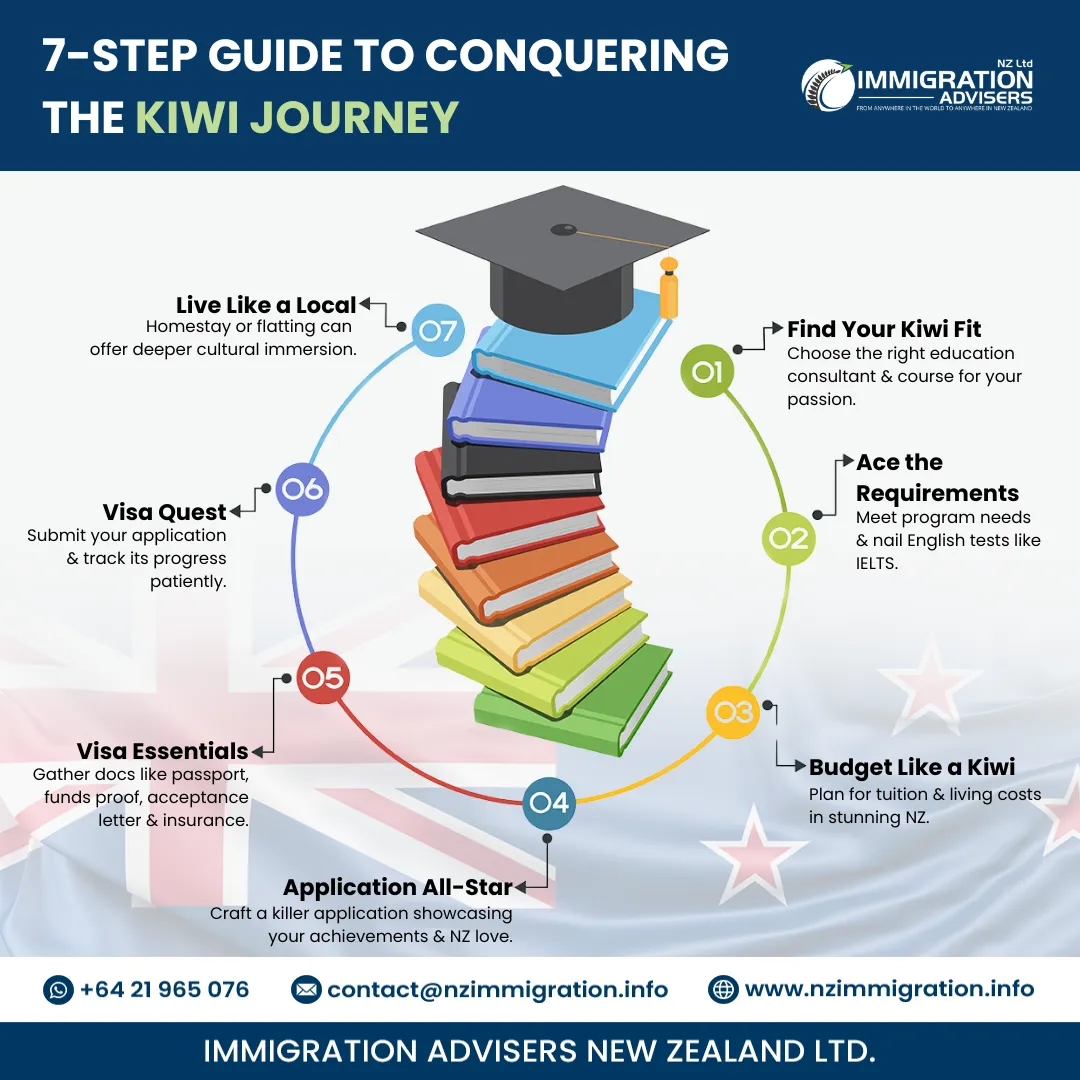
To avoid rejection on your NZ student visa application, it’s important to get the documents right. Here is a list of essential documents required to get a student visa:
This is only an overview of important documents required to get a student visa for New Zealand. To get detailed information about all the documents required for completing the student visa application, please contact our team of licensed immigration advisers.
Different student visas have different fees. The cost of a fee paying student visa is NZD 750 right now and could change in the future. You may also have to pay an International Visitor Conservation and Tourism Levy. If you choose the paper application, you also have to pay receiving centre fees.
The processing time for the fee paying student visa in New Zealand is 5 weeks for most applications. It’s important to start your student visa application at least 3 months before the start of your course. The processing time might increase in the peak months (October to March).
Immigration New Zealand has not set any English language requirements for the fee paying student visa. However, education providers generally have English language requirements for most programmes.
Universities usually accept test scores from exams like IELTS (Academic), TOEFL, or IELTS (Academic) equivalent English proficiency tests like PTE, Cambridge English proficiency, etc. English-speaking countries like Canada, Ireland, Singapore, the UK, and the US are usually exempted from proving English proficiency. Also, if you’ve completed earlier studies in the English medium, you may be exempted from proving English proficiency.
When it comes to attracting international students, there are both advantages and disadvantages for each of the key countries competing in the international student market.
Migrating to New Zealand is possible if you have the benefit of knowing the right pathway. Study Pathway is one of the most popular and widely used options. If you do decide to study in New Zealand; contact us and leave the rest to us. Immigration Advisers New Zealand Ltd. is one of the top immigration adviser services in Auckland and New Zealand. We have worked with hundreds of students to date, assisting them with obtaining a student visa to study in New Zealand. Our team of experts, which comprises a Licensed Immigration Adviser team, works closely with each client, providing them personalized support throughout. So, contact Immigration Advisers New Zealand Ltd. and let us help you with your New Zealand student visa.







The cost of studying in New Zealand varies from NZ$ 21,000 to NZ$ 49,000 depending on whether you want to do an under-graduate, graduate or post-graduate course and whether you select a university, polytechnic or private institute. Over and above this, you will need money for accommodation and living expenses – travel, food, gas, water, internet & electricity bills.
There are pathways for getting NZ residence especially if your qualifications leads to an occupation which is on New Zealand’s Green List.
INZ will prioritise visa applications from students already in New Zealand who are applying for a second or subsequent international student visa with a new provider or for a different course.
Students changing their course and/or provider must have a visa with updated study conditions before starting their new course, making this a high priority for processing.
All other international student visa applications will continue to be processed in date order, as per standard procedure.
Overseas student visa applications will be processed in the usual sequence based on submission dates, with no changes to current processing times.
For more details on your specific visa application status, visit INZ’s official website or contact our support team on Immigration Advisers New Zealand Ltd.
An Approval in Principle (AIP) is a conditional visa approval. It means Immigration New Zealand has reviewed your application and conditionally approved your visa, pending final checks (like medical or police certificates, proof of tuition fee payment, etc.). This is not equivalent to a student visa. The AIP letter mentions what other document you have to provide to Immigration New Zealand to get a student visa.
Immigration New Zealand has not set any English language requirements for the fee paying student visa. However, education providers generally have English language requirements for most programmes.
Your IELTS (Academic) score depends on your course and institution. For most universities, like the University of Auckland, you’ll need:
Some education providers might accept lower scores. Always check your desired institution’s English requirements before applying for admission.
New Zealand universities may offer English language waivers under specific conditions for international students.
Not if you’re prepared. New Zealand welcomes international students, but Immigration New Zealand is strict on documentation. Common reasons for rejection include: insufficient funds, unclear study plans, lack of genuine intentions, missing health or character certificate, etc. Follow guidelines closely to reduce the chances of rejection.
You must show you have NZD 20,000 per year for undergraduate or postgraduate study or NZD 1,667 per month if your course is for less than a year.
You can work up to 20 hours per week during term time and go full-time during scheduled holidays (as per your visa conditions). Talk to a Licensed Immigration Adviser to know which courses (qualifications) are eligible for work rights in New Zealand, and if they are aligned with the Green List of Occupations.

For many students, studying in New Zealand is a big...

For many Indian students planning to study in New Zealand,...
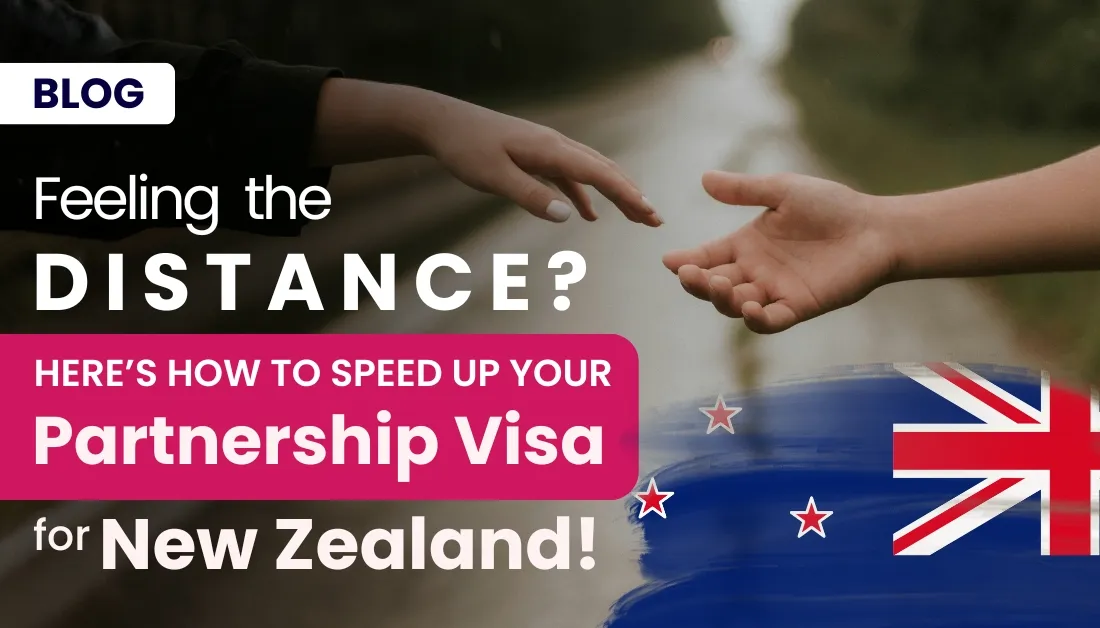
For many couples, the most stressful part of a New...

For thousands of Indian students dreaming of studying in New...
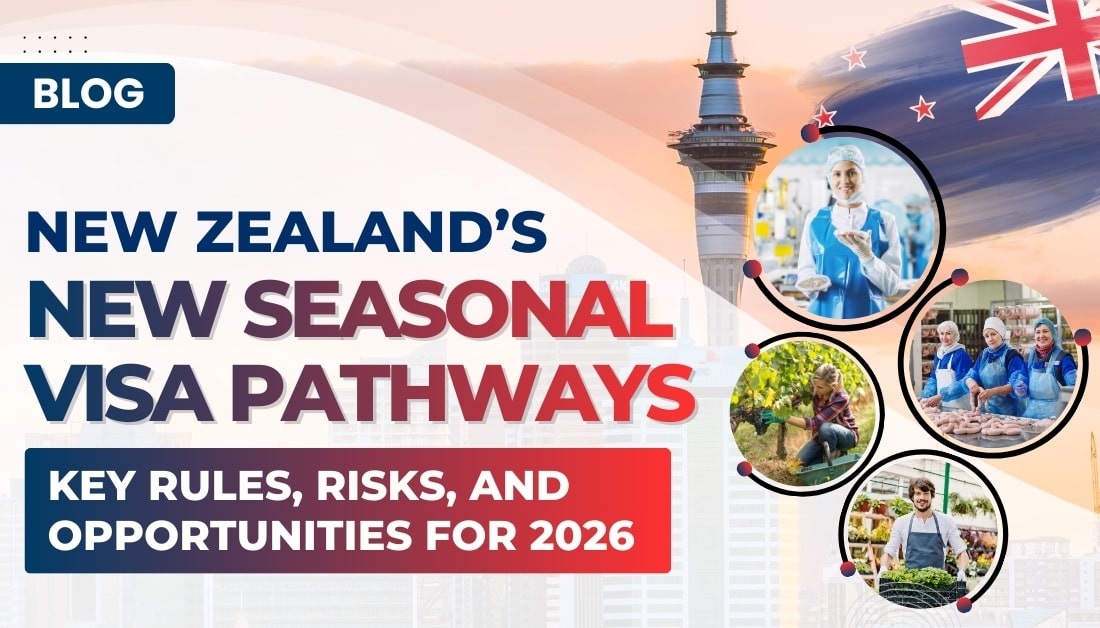
New Zealand’s New Seasonal Visa Pathways: Key Rules, Risks, and...

Applying for a New Zealand partnership visa is far more...

New Zealand’s Business Investor Visa is designed for people who...

New Zealand’s immigration system places strong emphasis on attracting skilled...
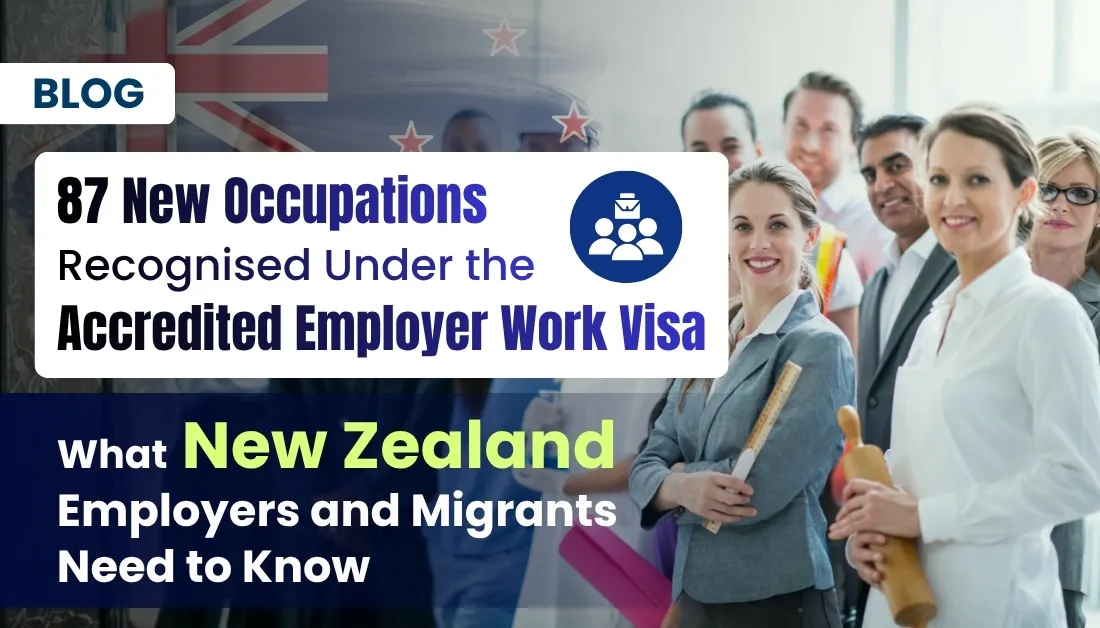
Understanding how Immigration New Zealand’s latest update opens new opportunities...
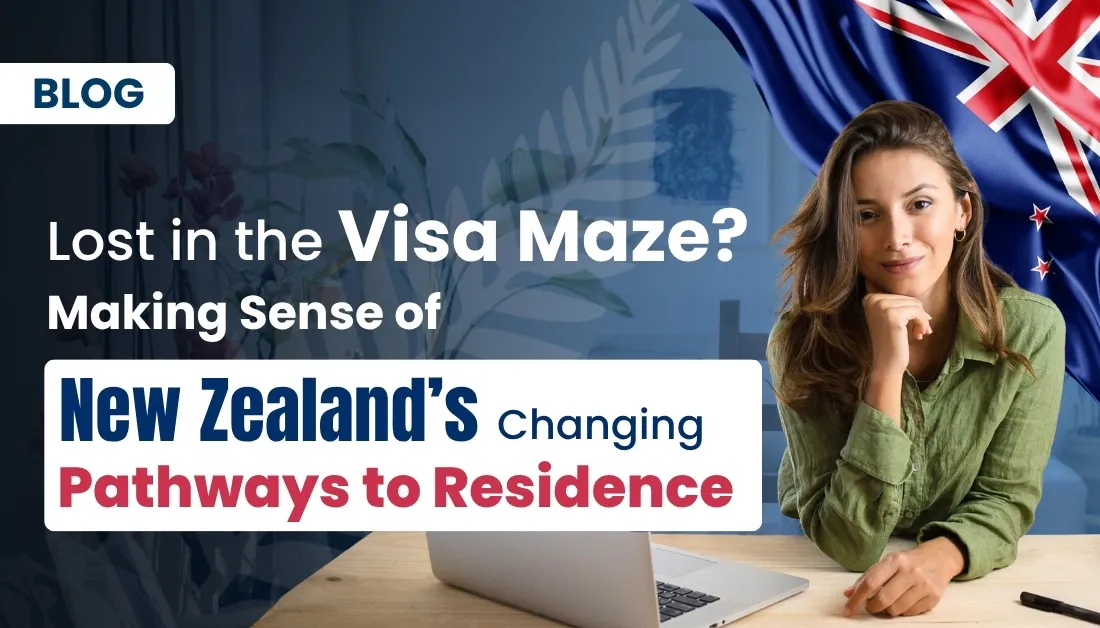
With so many immigration announcements, skilled migrants are wondering what’s...